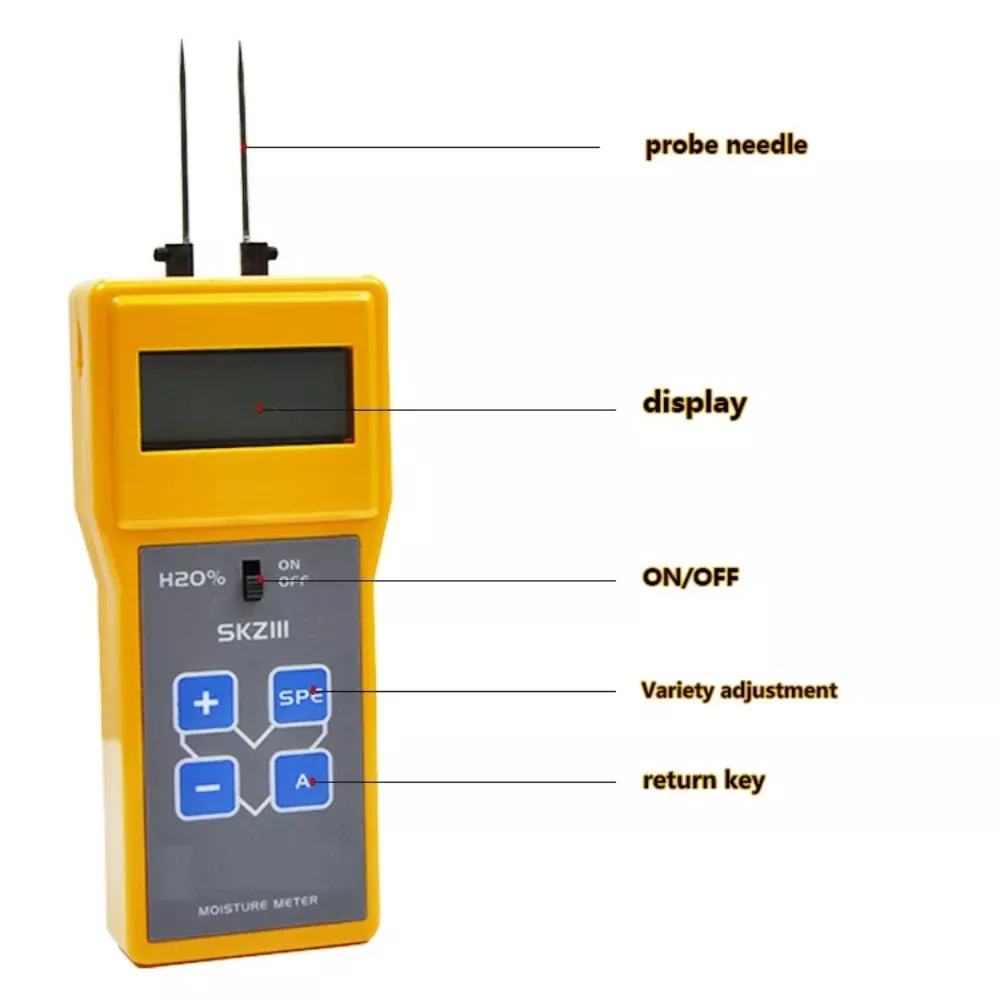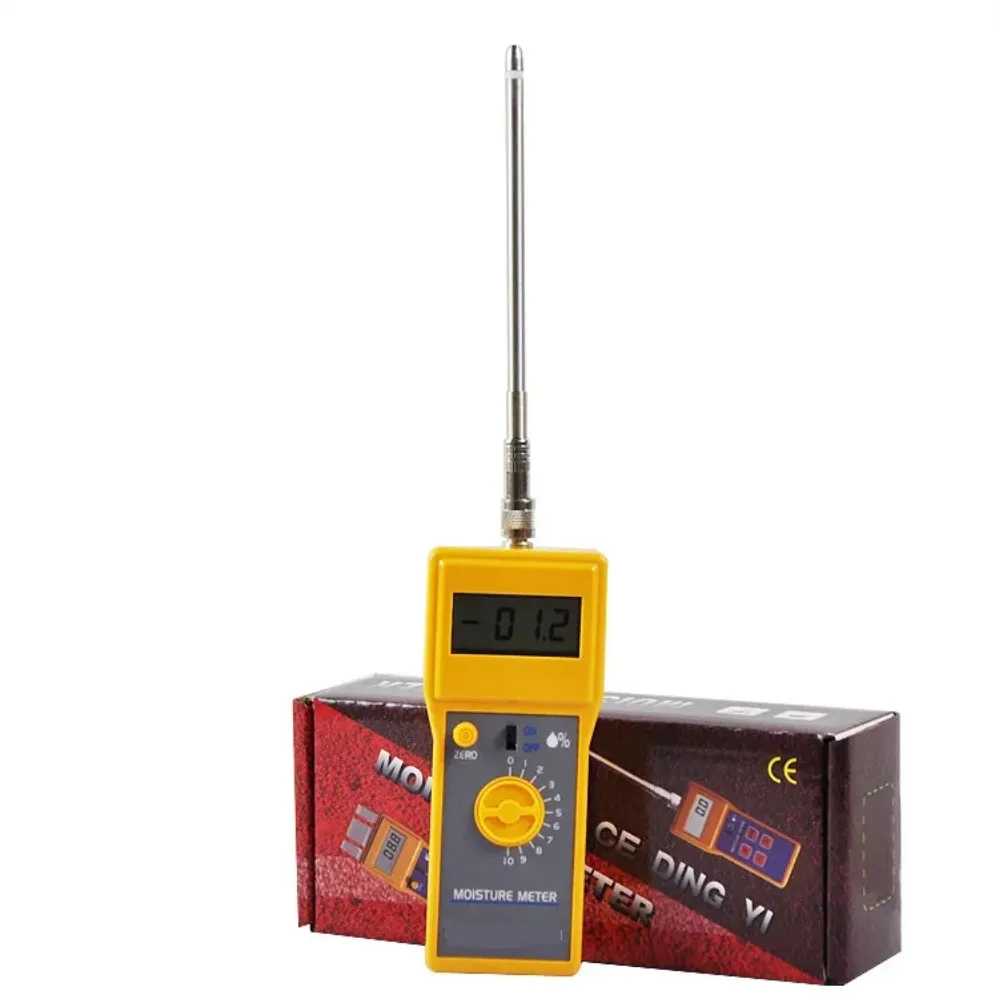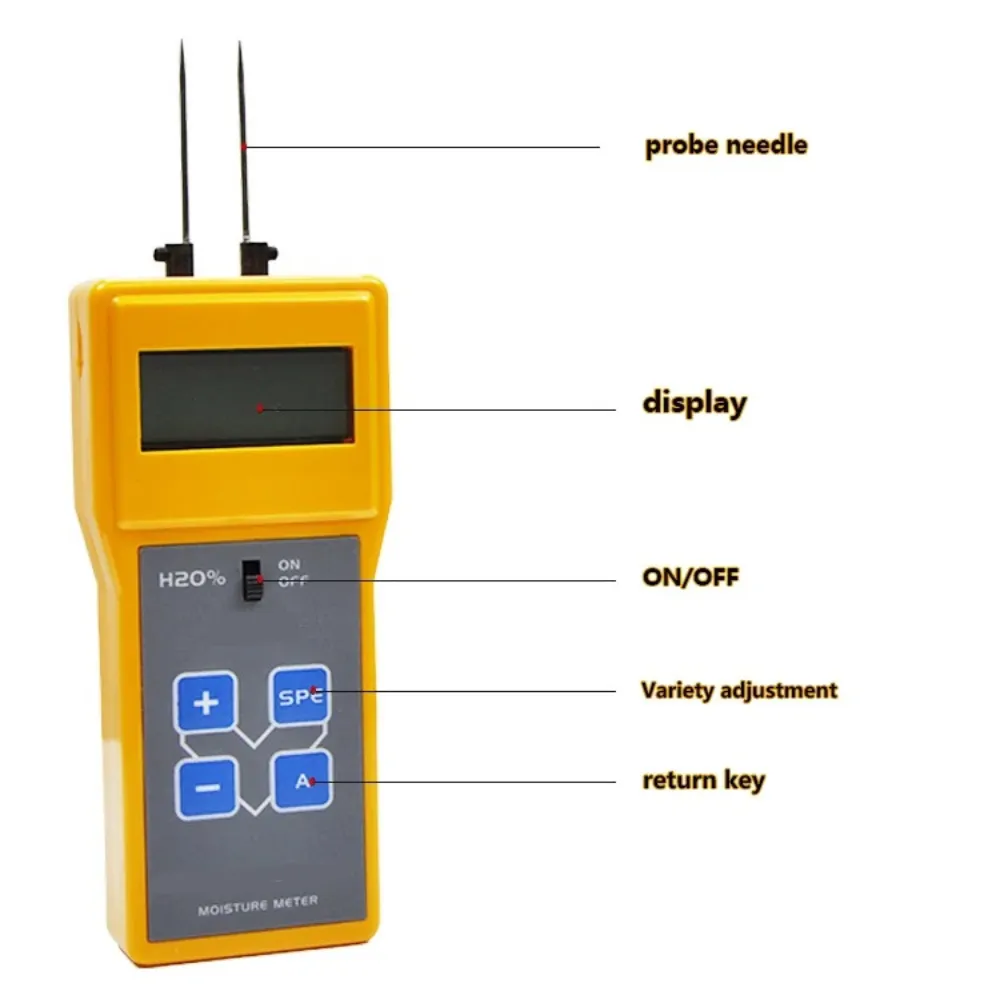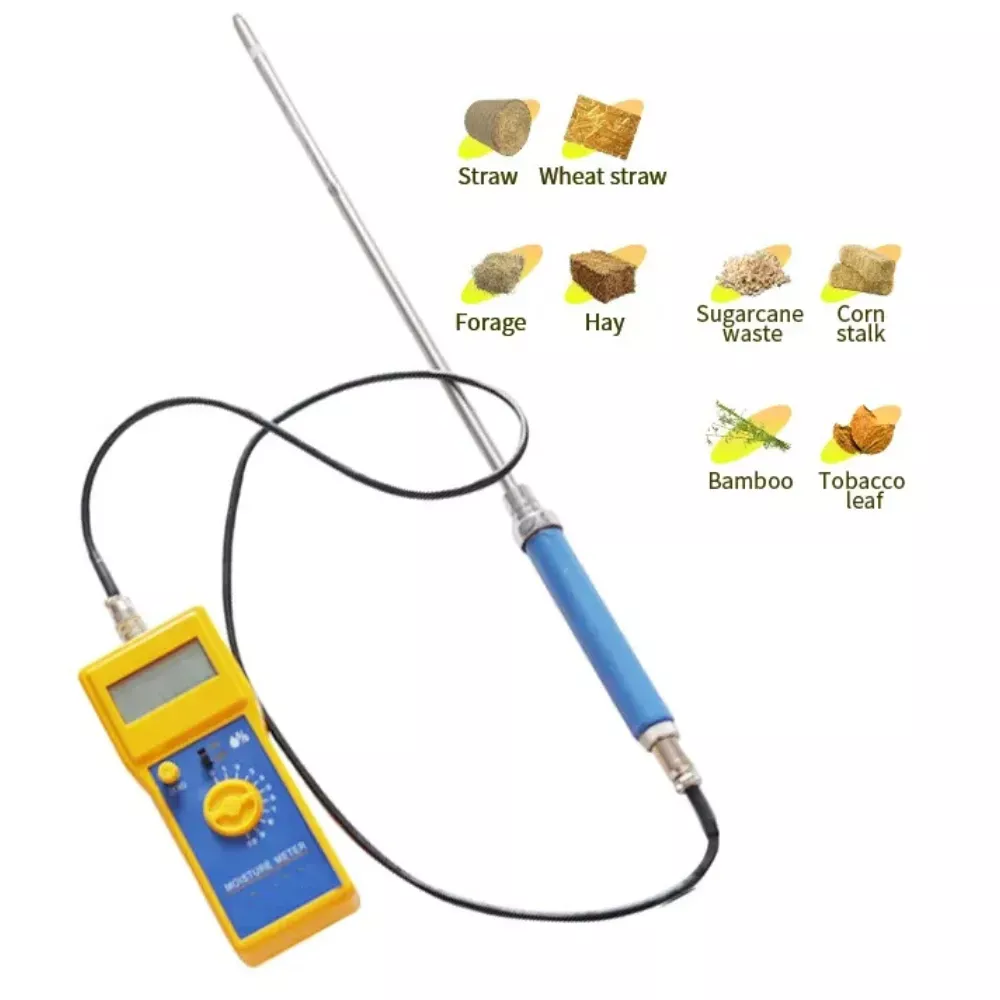
How Humidity And Temperature Affect Food Moisture
Table of Contents
The Importance of Food Moisture Meters
Food moisture meters are essential tools for maintaining the quality and safety of food products. They measure the moisture content in food, which is crucial for determining the shelf life, texture, and flavor of the product. In this article, we will discuss the impact of humidity and temperature on food moisture levels and how Food moisture meters can help in maintaining the quality of food products.

The Influence of Humidity and Temperature on Food Moisture
Humidity and temperature are two factors that significantly affect the moisture content in food. High humidity levels can cause an increase in moisture content, leading to spoilage and reduced shelf life. On the other hand, low humidity levels can cause a decrease in moisture content, leading to a loss of flavor and texture. Temperature also plays a role in moisture content, as it affects the rate of evaporation and condensation. Higher temperatures can cause an increase in moisture loss, while lower temperatures can cause a decrease in moisture loss.
How Food Moisture Meters Work
Food moisture meters are designed to measure the moisture content in food accurately and quickly. They work by measuring the electrical conductivity of the food sample, which is directly proportional to the moisture content. The meter then calculates the moisture content based on a predetermined calibration curve. Food moisture meters are available in various types, such as pin-type, surface-type, and optical-type meters. Each type has its advantages and disadvantages, and the choice of meter depends on the specific application and requirements.

Maintaining Food Quality with Moisture Meters
The use of Food moisture meters can help in maintaining the quality and safety of food products in several ways. Firstly, they can help in determining the optimal moisture content for a particular food product. This is important because the moisture content affects the texture, flavor, and shelf life of the product. For example, bread requires a specific moisture content to maintain its soft and chewy texture, while dried fruits require a lower moisture content to prevent spoilage.
Monitoring Moisture During Storage and Transportation
Secondly, Food moisture meters can help in monitoring the moisture content during storage and transportation. This is important because changes in humidity and temperature can cause fluctuations in moisture content, leading to spoilage and reduced shelf life. By regularly monitoring the moisture content, food manufacturers can ensure that their products are stored and transported under optimal conditions.
Detecting Anomalies in Food Moisture Content
Lastly, Food moisture meters can help in detecting any anomalies in the moisture content of food products. This is important because variations in moisture content can indicate the presence of contaminants or spoilage. By detecting these anomalies early, food manufacturers can take corrective action to prevent the spread of contaminants or spoilage.
Conclusion: The Vital Role of Food Moisture Meters
In conclusion, Food moisture meters are essential tools for maintaining the quality and safety of food products. They help in determining the optimal moisture content for a particular food product, monitoring the moisture content during storage and transportation, and detecting any anomalies in the moisture content. By using Food moisture meters, food manufacturers can ensure that their products are of the highest quality and safety standards.
Comments
Tags
Frequently Asked Question
High humidity can increase moisture content, while low humidity can decrease it. Higher temperatures can increase moisture loss, and lower temperatures can decrease it.
Common types include pin-type, surface-type, and optical-type meters, each suited for different applications and food types.
They allow for regular monitoring of moisture content during transit, helping maintain optimal conditions and prevent spoilage.
While not their primary function, moisture meters can detect anomalies in moisture content that might indicate contamination or spoilage.

